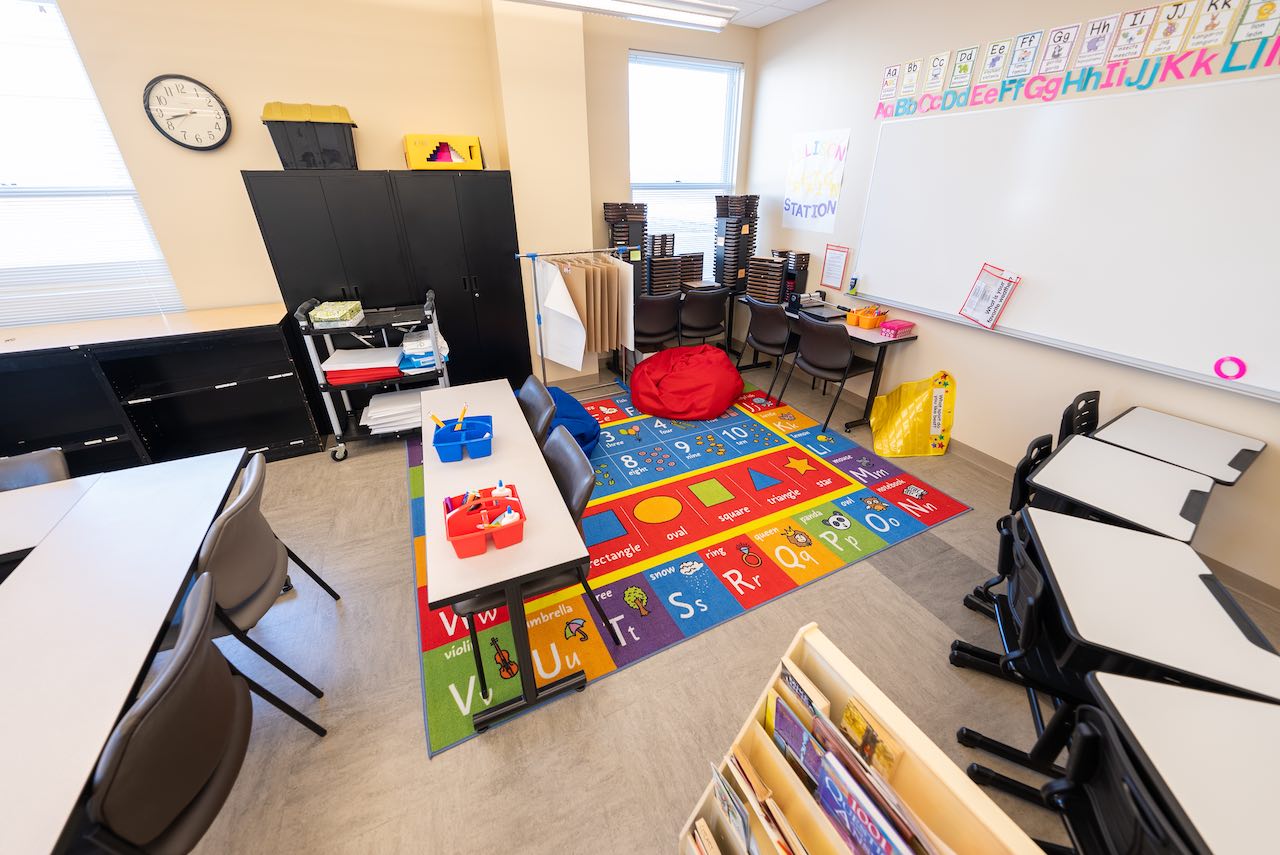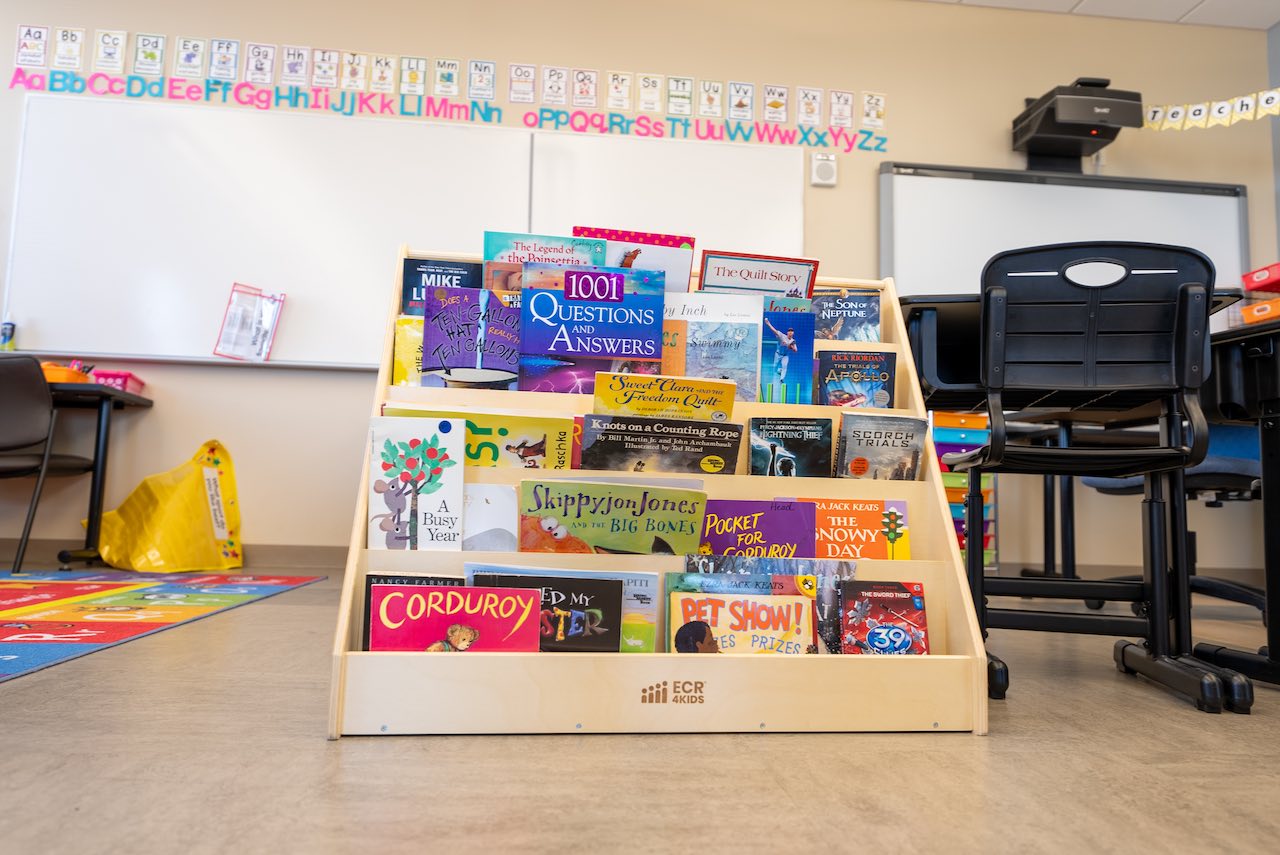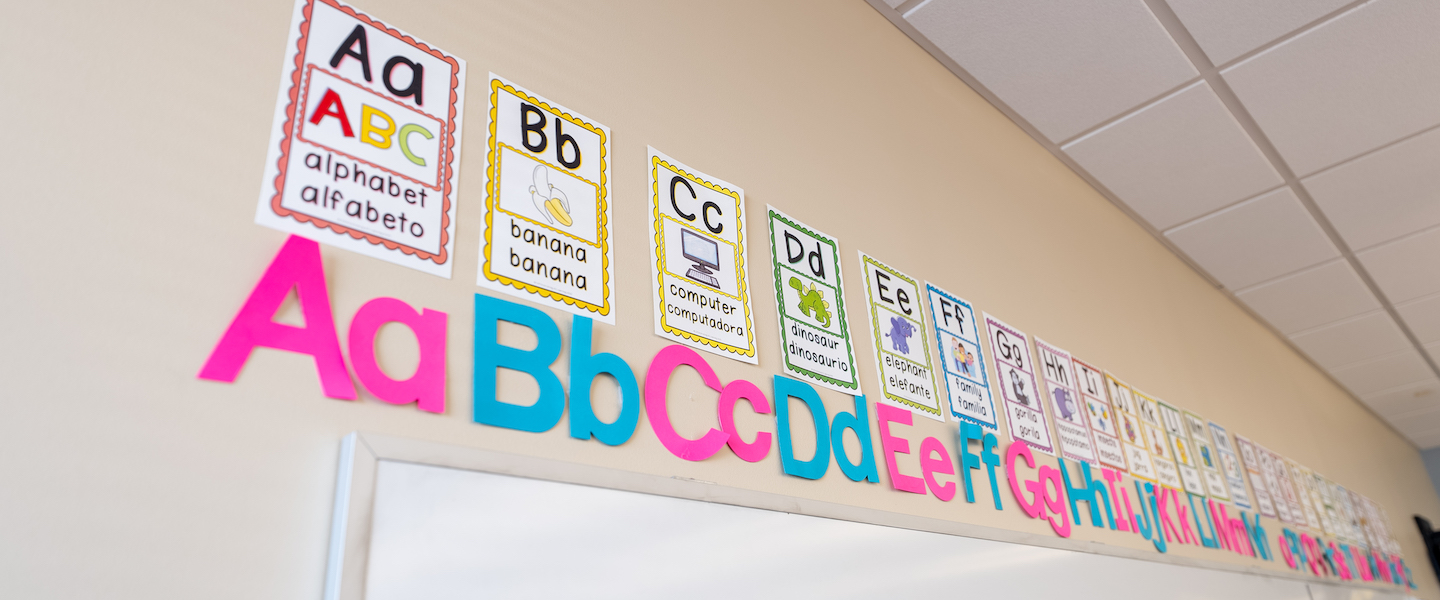The importance of teacher preparation programs
Imagine standing in front of your very first class, a mix of excitement and nerves coursing through you. Nothing truly prepares you for that moment — except hands-on experience.
The gap between what you learn in textbooks and what you face in a real classroom can be daunting, but the right teacher preparation program bridges that gap, setting you up for success from day one.
Why Real Classroom Exposure in Educator Training Matters
For anyone dreaming of a teaching career, it’s easy to feel overwhelmed by the challenges that lie ahead. Sure, understanding educational theory is essential, but what really builds confidence is stepping into a classroom and putting those theories into practice. That's where hands-on experience comes in, making it the secret weapon of great teacher preparation programs.
With fewer teachers planning to stay in the profession long-term, effective preparation is more important than ever to teacher resiliency. According to the 2023 Tennessee Educator Survey, the number of teachers planning to stay until retirement is dropping. This trend highlights the need for preparation programs that don't just teach theory but equip you with the practical skills you’ll need in the real world to persist as an educator.
Well-designed clinical experiences for student teachers are associated with stronger retention, feelings of preparedness and observed teaching effectiveness.

The Power of Field Placement Experiences for Student Teachers
Take it from Allison Marlow, a 2019 Masters of Arts in Teaching graduate from Belmont University’s College of Education, who spent countless hours in Nashville classrooms during her undergrad and Master’s programs.
"All of this experience left me feeling ready for my own classroom," she said. Her story shows how essential early and frequent classroom exposure is in preparing you for the realities of teaching.
Building Confidence through Teacher Preparation
Hands-on experience does more than just build skills — it helps you create professional networks that can launch your career. Chasity Donald, a 2023 elementary education and English as a second language (ESL) graduate from Belmont, secured her first teaching job before even graduating. "I made so many connections through practicum student teaching and tutoring, which helped me secure my first job coming out of college before I even graduated," she said.
Dr. Amanda Nelms, assistant professor of education at Belmont, emphasizes the importance of direct interaction. "The kids drive my passion," she said. "Any teacher interested in working with English learners should come to chat with me, but the first thing I'm going to say is, let's go into a classroom."
Evie Snoeyink (‘24), elementary education major with an ESL minor from Bloomington, Illinois, reflected on her experience: "Being a part of Belmont's ESL program has helped widen my perspective on the world around me. It gave me strategies to work with and help a large part of Nashville's population. As an elementary ed major with an ESL minor, ESL has not only taught me to think critically and problem solve when working with students, but most importantly how to care for and support students who come from a background different than my own."
Snoeyink's experience demonstrates how hands-on learning in specialized programs can prepare teachers to meet the diverse needs of their future students.

Choosing the Right Teacher Preparation Program
If you're serious about becoming a teacher, look for a program that prioritizes hands-on experience. Belmont University's College of Education, for instance, integrates real classroom experiences throughout their curriculum, ensuring you’re ready to hit the ground running.
Lauren Brinkley, a 2011 MAT graduate now working in Metro Nashville Public Schools (MNPS), said, "Belmont's College of Education was a huge part of setting me up for a successful career in education. I've been working in MNPS for 15 years now in various roles and school settings and my preparation at Belmont has helped me to navigate each new challenge well."
By working closely with experienced educators, aspiring teachers gain insights that go beyond textbooks, learning about day-to-day teaching realities. As the education landscape evolves, hands-on experience in teacher preparation remains so important, and ensures new teachers are ready for the complex work of educating the next generation.
Dr. Jim McIntyre, dean of the College of Education and assistant provost for academic excellence at Belmont, said, "There is no more fulfilling job, I think, in the world than seeing a young person learn and grow and reach their full potential."

FAQ: Hands-On Experience in Teacher Preparation
Why is hands-on experience important in teacher preparation?
Hands-on experience is important in teacher preparation because it bridges the gap between theory and practice. It provides aspiring teachers with real-world classroom exposure, helping them develop practical skills, build confidence and better understand the day-to-day realities of teaching.
What are clinical or field placement experiences for student teachers?
Field placement, or clinical experiences, for student teachers are supervised, practical training opportunities in real classroom settings. These experiences allow student teachers to observe experienced educators, practice pedagogical techniques and gain valuable insights into classroom management and student engagement.
How does hands-on experience build confidence in new teachers?
Hands-on experience builds confidence in new teachers by providing them with opportunities to apply their knowledge in real classroom situations. Through repeated practice and exposure to various teaching scenarios, new teachers develop their skills, learn to handle challenges and gain the self-assurance needed to manage their own classrooms effectively.
What should I look for in a teacher preparation program?
When looking for a teacher preparation program, you should prioritize programs that offer extensive hands-on experience. Look for programs that integrate classroom observations, student teaching opportunities and practical skills training from the beginning and throughout the curriculum – not ones that wait until the end of the program to get educators in a classroom. Additionally, consider programs with strong partnerships with local schools and experienced mentor teachers.
How does hands-on experience in teacher preparation impact long-term career success?
Hands-on experience in teacher preparation positively impacts long-term career success by equipping new teachers with practical skills and confidence. Teachers who have had extensive hands-on training are often better prepared to handle classroom challenges, more likely to stay in the profession and may experience greater job satisfaction and effectiveness in their roles.
What are some examples of hands-on experiences in teacher preparation programs?
Examples of hands-on experiences in teacher preparation programs include classroom observations, student teaching placements, micro-teaching sessions, tutoring opportunities and participation in school-based projects. These experiences provide aspiring teachers with diverse opportunities to interact with students, collaborate with experienced educators and apply teaching strategies in real-world settings.
How does Belmont University incorporate hands-on experience in its teacher preparation program?
Belmont University incorporates hands-on experience in its teacher preparation program by integrating real classroom experiences from the very beginning of the semester and throughout the curriculum. This includes extensive classroom observations, year-long student teaching placements and opportunities to work with diverse student populations. Belmont also maintains strong partnerships with local schools, providing students with varied and meaningful practical experiences.
Can hands-on experience help me secure a teaching job more easily?
Yes, hands-on experience can help you secure a teaching job more easily. Practical experience allows you to build a professional network, gain references from experienced educators and demonstrate your teaching skills to potential employers. Many Belmont graduates, like Chasity Donald, have secured teaching positions before graduation due to the connections made during their hands-on training.
Ready to start your teaching journey?
Learn more about Belmont University's hands-on approach to teacher preparation and how it can set you up for success.


